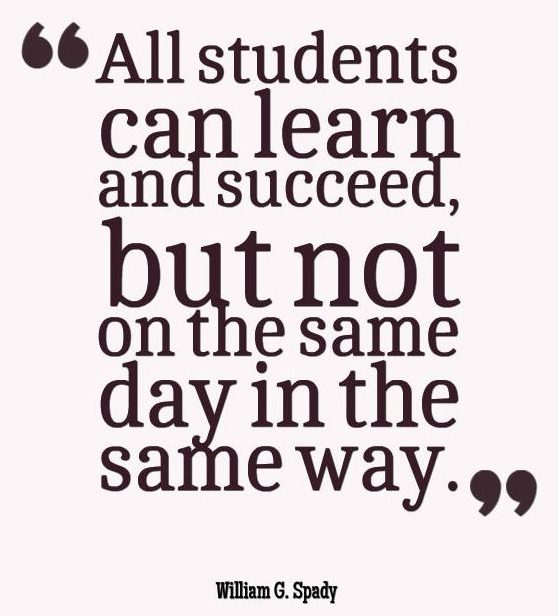
Teachers are fundamental to the academic performance of all students they teach. However, parents must play a more significant role in aiding children at risk of academic failure or performing below their academic potential. It isn’t an easy feat with a classroom full of other pupils who require the teacher’s assistance and guidance.
Another challenge for many teachers is learning how to deal with cultural and socioeconomic class differences among their students. Variations in learning and social styles and communication skills are examples of such differences, and the chasms they can create between teacher and student can be unpleasant, if not overpowering.
On the other hand, teachers may dramatically boost their odds of connecting with students and, as a result, their prospects of academic success with the proper support from colleagues and administrators. Teachers can assist pupils in achieving this goal by:
- Having high expectations for all pupils, regardless of their academic performance in the past.
- Assisting all students to feel a sense of belonging to the school and educational community. Increased school belonging (i.e., feelings of being valued, acknowledged, accepted, respected, and encouraged to participate in school and classroom activities) may lower the number of kids who drop out of school.
- Creating learning settings that encourage students to believe they can grasp academic subjects. Students are encouraged to compete to achieve higher and higher self-imposed goals. As a result of such learning environments, students have a more heightened sense of self-efficacy, which helps them attain academic success.
- Seeking out, discovering, and applauding any effort that all students, even those failing or underachieving, make toward learning. Teachers can praise the learning process’s intellectual and behavioral aspects and encourage the child to glorify himself. That entails gently correcting even incorrect answers. We can accomplish this by complimenting the effort rather than dismissing the response provided.
- Assessing their students’ learning styles but understanding that being different is not a flaw. This information can be utilized to gradually incorporate learning and processing strategies that will assist the child in developing the abilities needed to succeed in school, college, or the workplace.
- Encouraging kids to ask questions if they don’t grasp anything or require additional information. Many pupils are concerned about appearing “dumb” in front of their peers and/or teacher.
- Educating students on the importance of taking notes and reviewing course materials to succeed academically. Teachers can also assist kids in developing effective test-taking skills, which is an area where intelligent students of all cultural origins sometimes struggle, resulting in poor grades and self-esteem.
- Boosting self-assurance. Students’ inability to succeed in mathematics is due to a lack of confidence.
- Encouraging curiosity and leaving room for it. The finest advice for pupils who want to succeed in math is to pay attention in class and ask for clarification when they don’t understand something.
- Placing a greater emphasis on conceptual comprehension than on procedure. Working hard to grasp math concepts and apply them rather than memorizing formulas if you want to do well is essential.
- Providing authentic problems to encourage kids to participate in arithmetic. Students need to have the drive, initiative, and incentive to succeed in math, and applying math to real-world problems increases student engagement and knowledge.
- Encouraging others to have a positive attitude toward arithmetic. Teachers recommend that parents refrain from speaking adversely about arithmetic, particularly suggesting that it is difficult or pointless. Instead, they should encourage their children to persevere and assist them in finding math mentors if they cannot answer questions.







